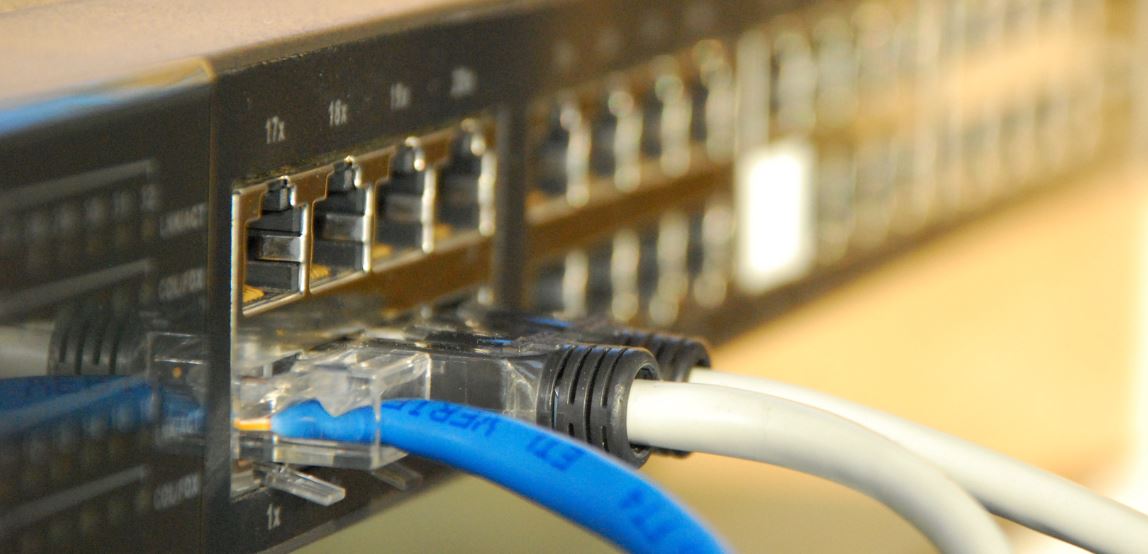7 Things You (Still) Don’t Know about Your ISP

Every hierarchy in the internet has their own dark side and to max out every one’s evil traits, we would certainly need a painstaking work of a non-fiction book to list every one of the acts. ISPs are one level, that are so close to us and probably you still don’t know much about them, as they have the potential more than you have imagined.
1. ISPs can spy on you for the NSA
The Internet Service Provider is the one who connects you to the rest of the world and no wonder they are the first one to spy on you. It doesn’t mean that can they spy on you on a full scale (for now). ISPs just record the IP addresses of the websites you visit, and they store it in their servers for a while. They are called the metadata. These metadata (for a high value person) could discreetly convey the traits of a person and apparently, the metadata is the first thing the law enforcement or any firms would have an eye on. However, ISPs turn a deaf ear against the allegations, the leaks shows us the NSA had access to the CDRs and the metadata from around the world.
If you do know that the ISP keeps track of the pages and websites, you visit; you ought to know that the five eyes can also see (or loot) that data from the ISPs with or without their knowledge. Snowden’s leaks has shown us enough about this and it made it clear that the NSA had access to all the metadata from the major ISPs from the world like, Comcast, Time Warner Cable, AT&T, Verizon, Several Airtel ISPs, BSNL and other major service providers around the world. Though a few of these claims has no record, there are possibilities that the outsourced servers might be (obviously) a potential victim of the scandal.
Using anonymous browsing techniques, VPNs and using Tor browser could help you stay off the radar, if you are paranoid about your ISP.
2. NXDOMAIN Hijacking
NXDOMAINS are the domains that are ‘Non Existent’ in the internet. As per the RFC standards, the ISP should return a response explaining the user that such domain does not exist. However, a few ISPs populate their NXDOMAIN page with their adverts, and follow a cheap monetization scheme. Next time when you wonder what is with the error page, do consider this and rate your ISP ethically.
3. ISP can throttle down anything you like
Yes, the serious debate of net neutrality is again on the roll here. ISPs being the last mile of the internet infrastructure, they have the ability to block/throttle the bandwidth to a certain website or a service. For e.g. Indian ISP Airtel, throttles any P2P traffic from their customers. You now have a reason to think why your torrents (Ahem… The legal one…) are experiencing a very low speed even though your YouTube renders on steroids. With major providers like Comcast, net neutrality might be at the verge of failure, as companies like Netflix open up a new bridge between the ISPs for a premium speed and experience exclusively for their service.
4. Your clickstream data is costlier than you think
What could anyone possibly use with your click activities? They just can make millions of dollars from the right placement of ads by breaching your privacy. You also wouldn’t know that the prime accomplice in some unknown third party’s success is your ISP. Clickstream tracking helps the advertisers to place the right ads at the right time. The data is believed to be sold by a few ISPs for more than 50 cents per user per month. Moreover, the problem with this is that your private browsing activity is sold and you don’t even know about that.
5. ISP Injections
This type of forced monetization is accomplished by injecting ads and sometimes redirecting your links by replacing it with an affiliate link of their own. Not only the affiliate system is corrupted, but the whole user – ISP trust link is broken. The worst part is that you’ll never know unless you dig deeper into your ISP.
6. They just don’t delete your metadata soon
As your metadata is so worth than your actual browsing activity, they stay in your ISP’s servers for a maximum of 1 to 2 years and a minimum of 6 months. Though a few ISP fight against the requirement of such storage (as they cost them a little more than usual to store all the data). Time can change as they are pushed to store and the possession of such metadata can sometimes tempt the ISP to sell it over for a good price. This just happens every year, somewhere in the world and a handful knows where it really goes.
7. Your local ISP is weirder than you think
In most of the developing nations, you could find a localized Internet Service Provider who actually is a minor service provider under a contract from a bigger ISP. Though their standards are checked and influenced by the regulatory boards, there are still some off record ad swaps. They even tend to install a hardware sniffer for selected customers who aren’t capable of knowing about it on their own.
As these last mile infrastructures are so vast and inside the closed doors, it is not so easy to know about their interred dirty secrets. So far, the world had enough from the massive surveillance program and the future would still be paranoid, unless everything goes transparent.
Image by Markus Reinhardt | CC BY
This post was first published on March 5, 2014.









